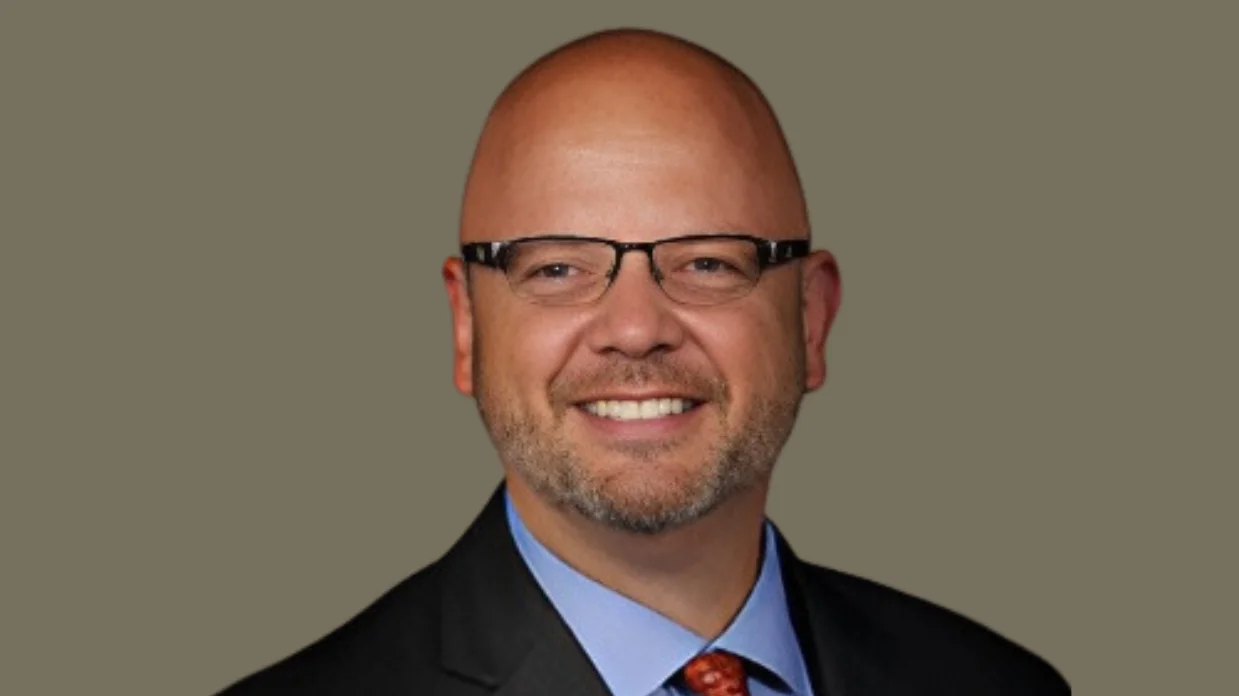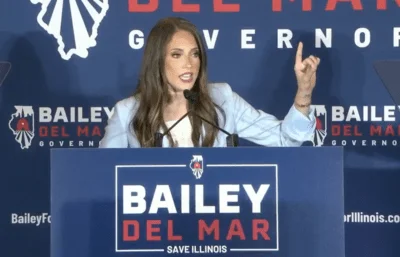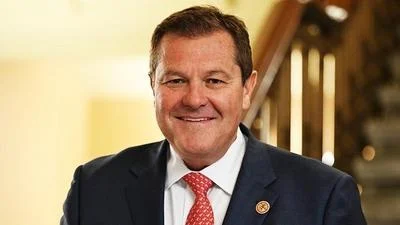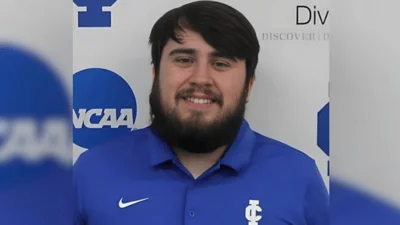Jeff Keicher, Illinois State Representative for 70th District | Official Website
Jeff Keicher, Illinois State Representative for 70th District | Official Website
Next week, the Illinois General Assembly will reconvene in Springfield for its annual two-week Veto Session, scheduled from October 14-16 and October 28-30. Traditionally, this session is held to review legislation that has received either a total or amendatory veto from the Governor. Lawmakers may override a gubernatorial veto with a three-fifths majority in each chamber or accept amendments proposed by the Governor.
The Veto Session often addresses unresolved policy matters from the spring or issues that have surfaced during the summer. This year, lawmakers are expected to discuss several major topics, including potential financial support for Chicagoland mass transit agencies facing a significant budget deficit exceeding $770 million and consideration of new green energy initiatives.
The financial challenges for mass transit stem partly from Regional Transportation Authority agencies using federal COVID-19 relief funds for general operations rather than one-time pandemic-related costs. During the previous legislative session, Democratic leaders proposed measures to address this shortfall through various tax increases, such as introducing a $1.50 delivery tax on most packages delivered to homes—including groceries.
“Home delivery, especially for essentials, has become a lifeline for many families,” said Deputy House Minority Leader Ryan Spain. “At a time when high prices on essentials are already hurting family budgets across the state, adding a new delivery tax on top of the sales taxes families are already paying would be devastating.”
In addition to the delivery tax proposal, lawmakers may revisit plans for a service tax affecting more than eighty common services such as parking, haircuts, dry cleaning, oil changes, and home repairs. These taxes could add substantial costs for residents.
“We fully expect the service tax conversation to come back during Veto Session this fall,” said Deputy House Minority Leader Norine Hammond. “This is a clear sign that Illinois families and small businesses are going to be asked to do more to fill the void for Democrats’ failed financial stewardship of our government. A service tax will drive up the cost of living even more for Illinois families.”
On energy policy, there is discussion about expanding green energy programs amid rising utility bills attributed by critics to existing policies. The current proposal includes an electric bill surcharge funding battery storage projects; adjustments to nuclear power regulations; and new energy efficiency standards.
“Speaker Welch and Governor Pritzker like to pretend Illinois is leading the way on energy. But the truth is we are falling further behind while utility bills skyrocket, manufacturing jobs are at risk, and investment dollars leave our state,” stated House Minority Leader Tony McCombie. “Fortunately, Illinois is blessed with one of the strongest nuclear fleets in the nation. Instead of chasing unrealistic green energy deadlines and expensive subsidies, we should focus on reliability and affordability. Families don’t care about ‘green’ slogans; they care about whether they can afford their electric bill and whether the lights stay on when it’s 100 degrees or -10.”
Concerns over strict regulations under Illinois’s Biometric Information Privacy Act (BIPA) also persist among employers in technology and construction sectors who fear these rules could impact job growth and investment opportunities.
Governor Pritzker recently directed state agencies through an Executive Order to identify spending reductions after increasing state spending by approximately 40% since taking office—culminating in July with signing Illinois's largest-ever budget at $55.2 billion.
Republican legislators argue these fiscal issues result from longstanding patterns of increased spending rather than external factors: Keicher—a Republican elected in 2018 representing Illinois's 70th District—has been among those warning against unchecked expenditures (https://ballotpedia.org/Jeff_Keicher).
Other proposals potentially up for debate include instituting mandatory voting statewide and altering procedures governing local elections.
However, Republican leaders note that key topics such as substantive tax relief measures or reforms related to public safety policies have not featured prominently in pre-session discussions by Democratic leadership.






 Alerts Sign-up
Alerts Sign-up